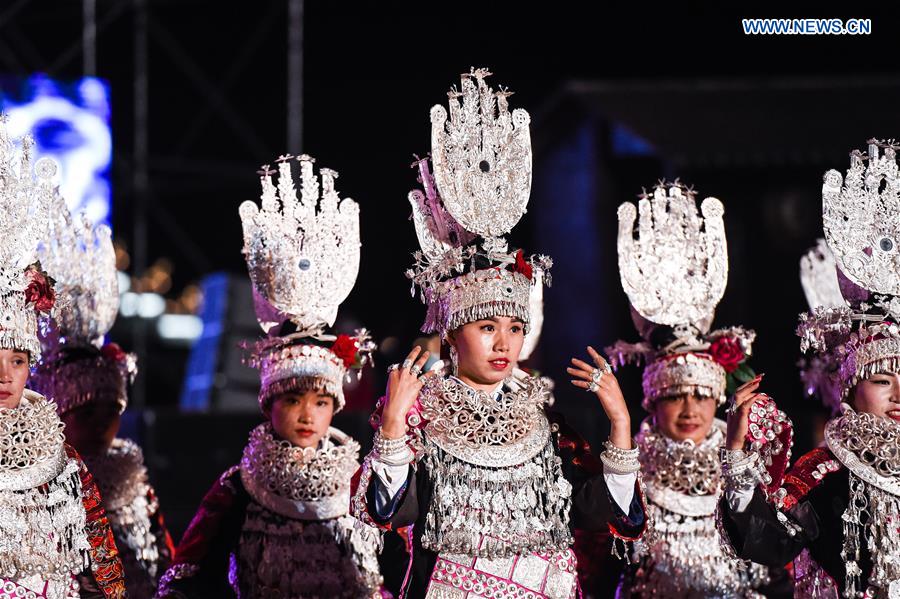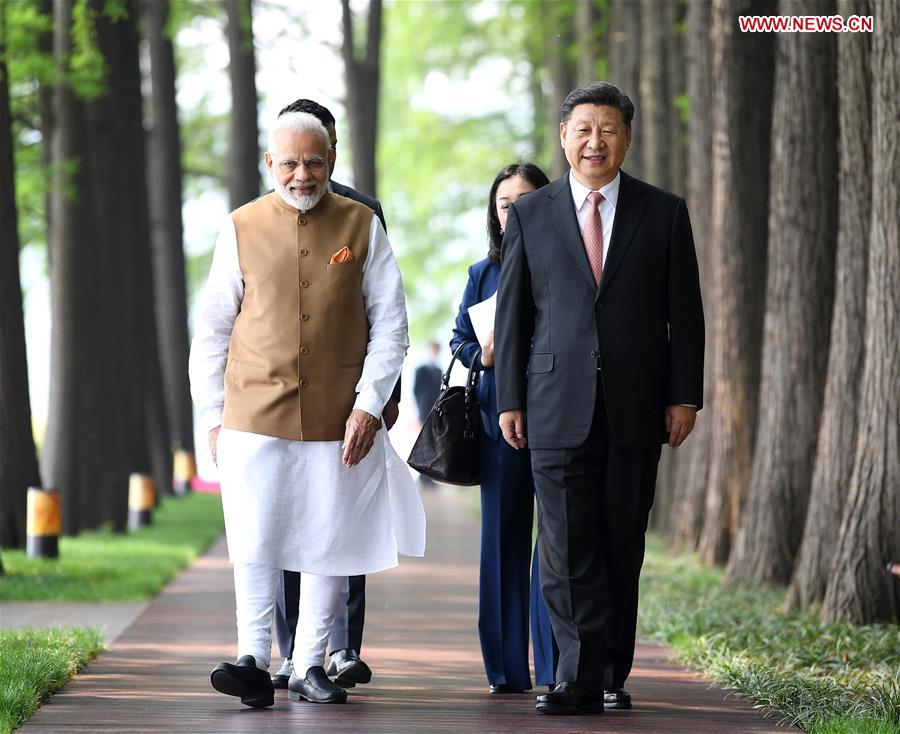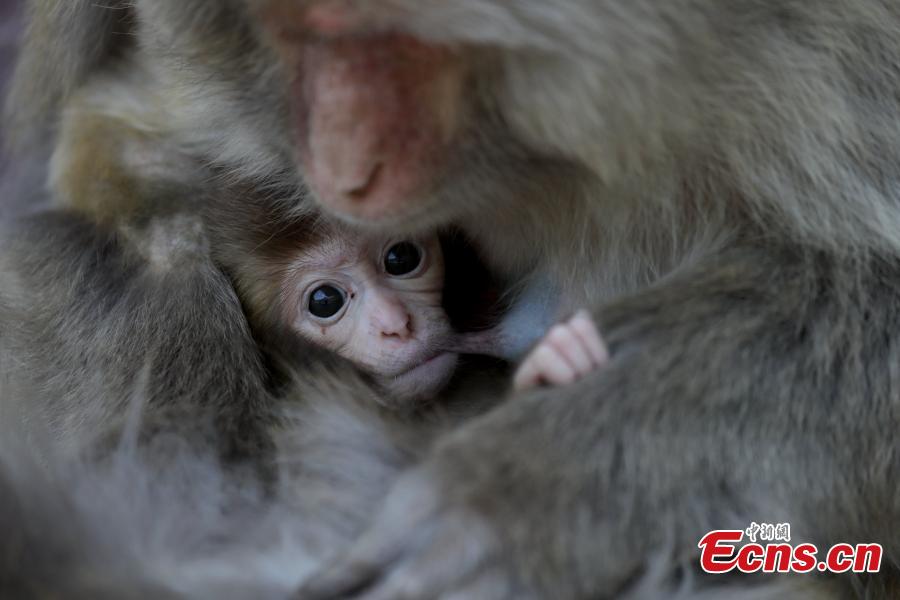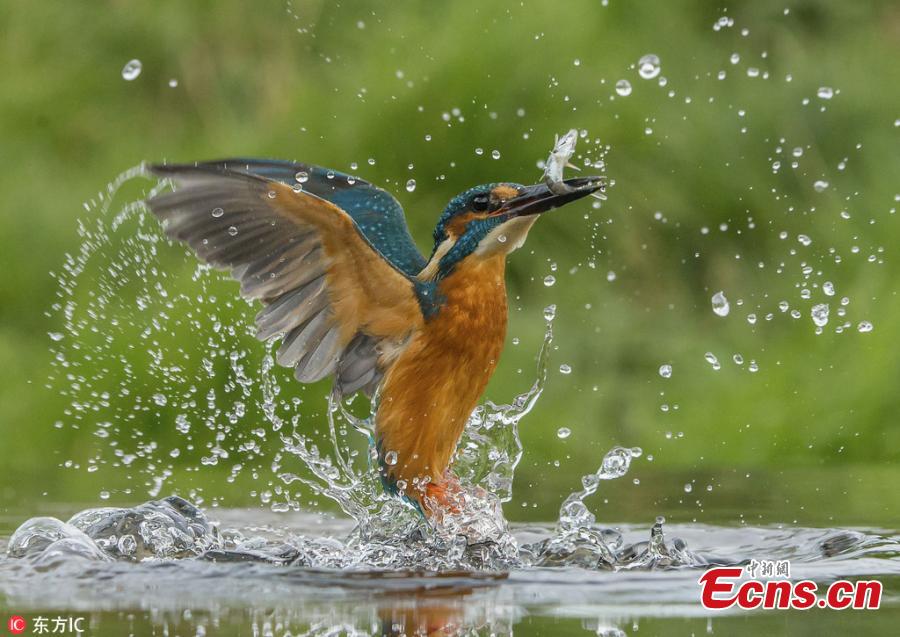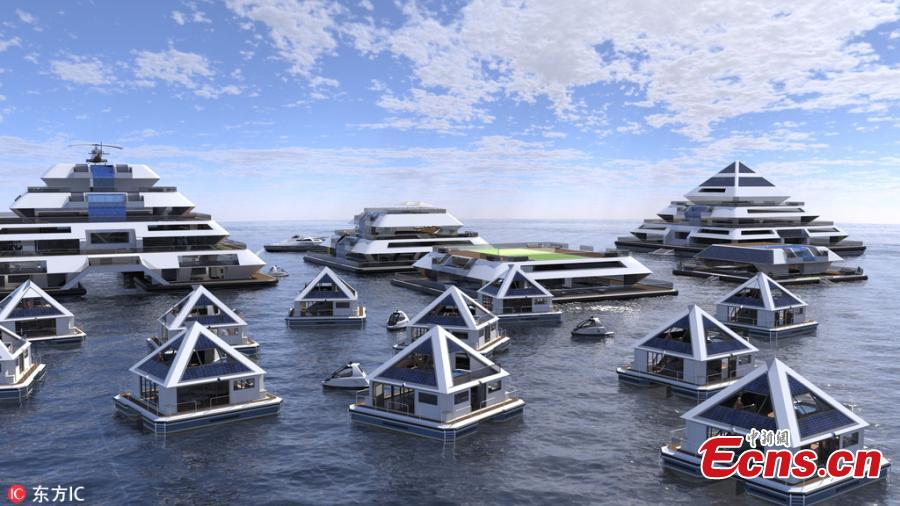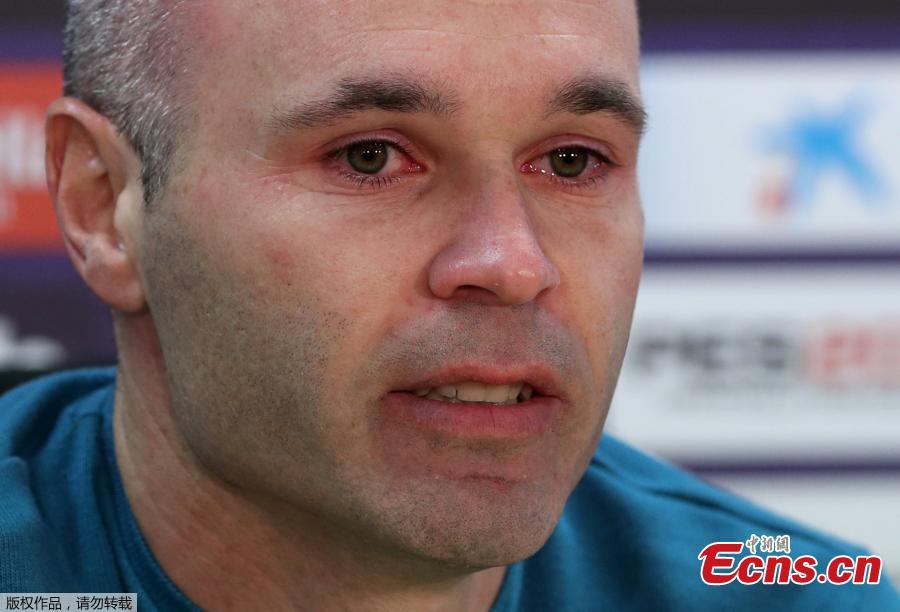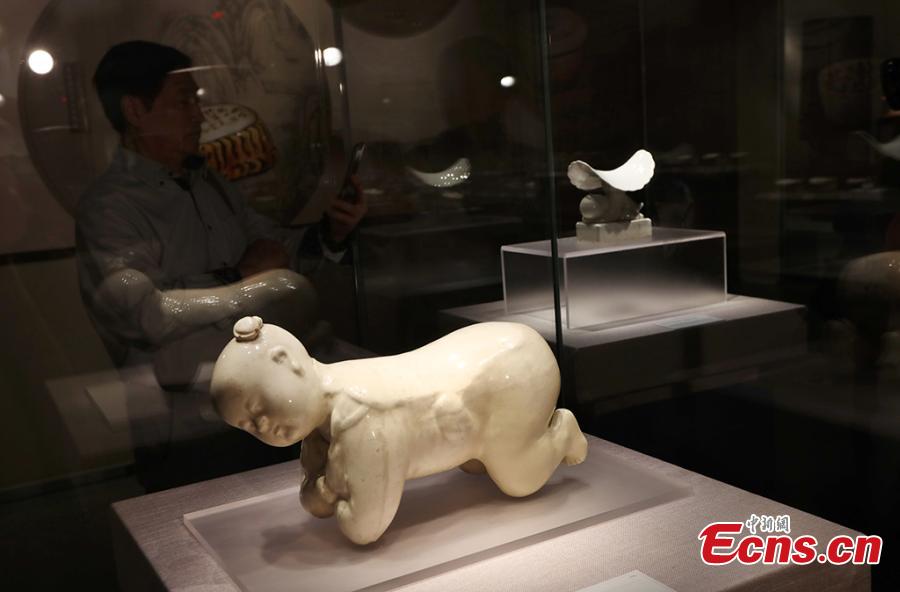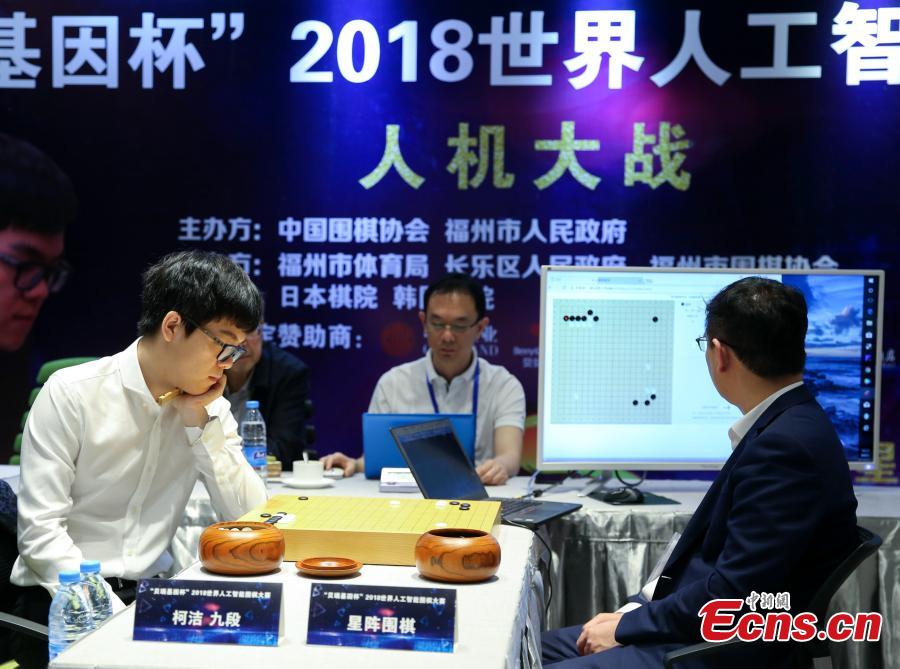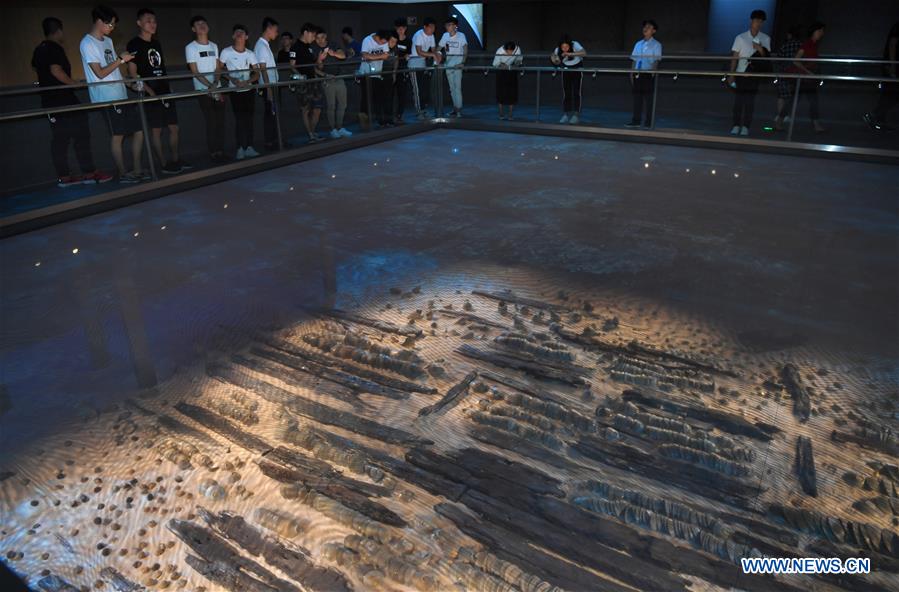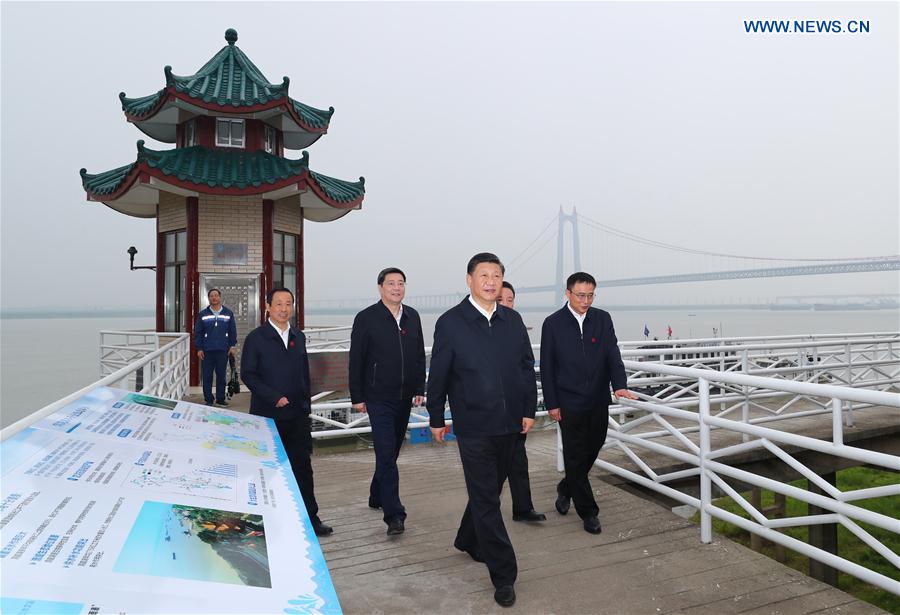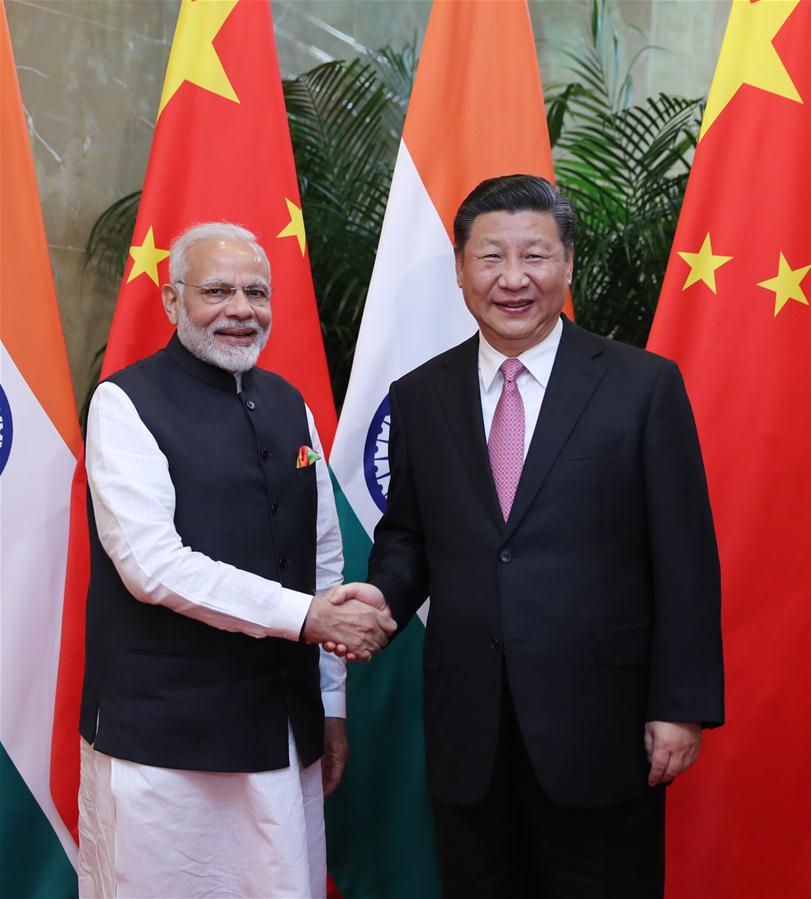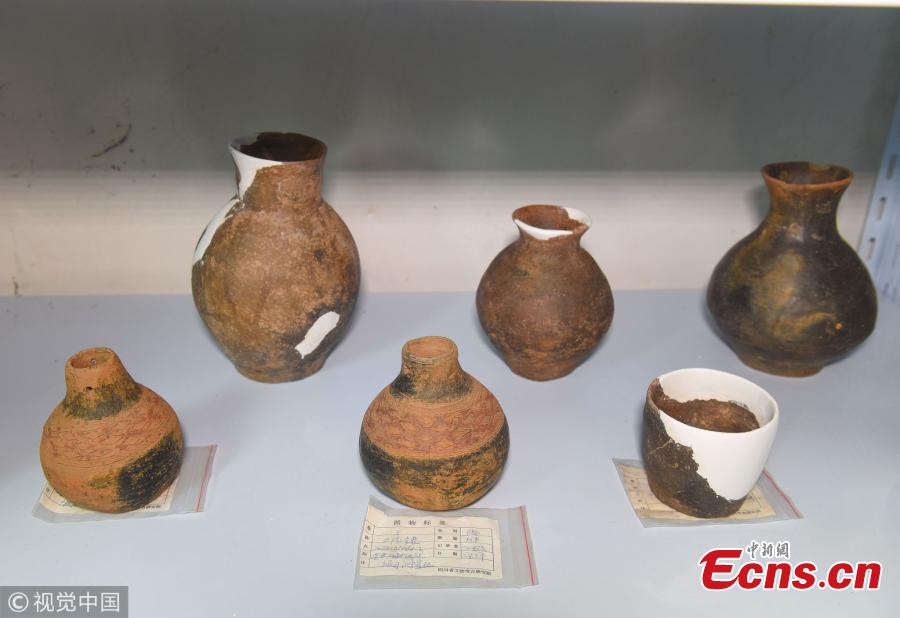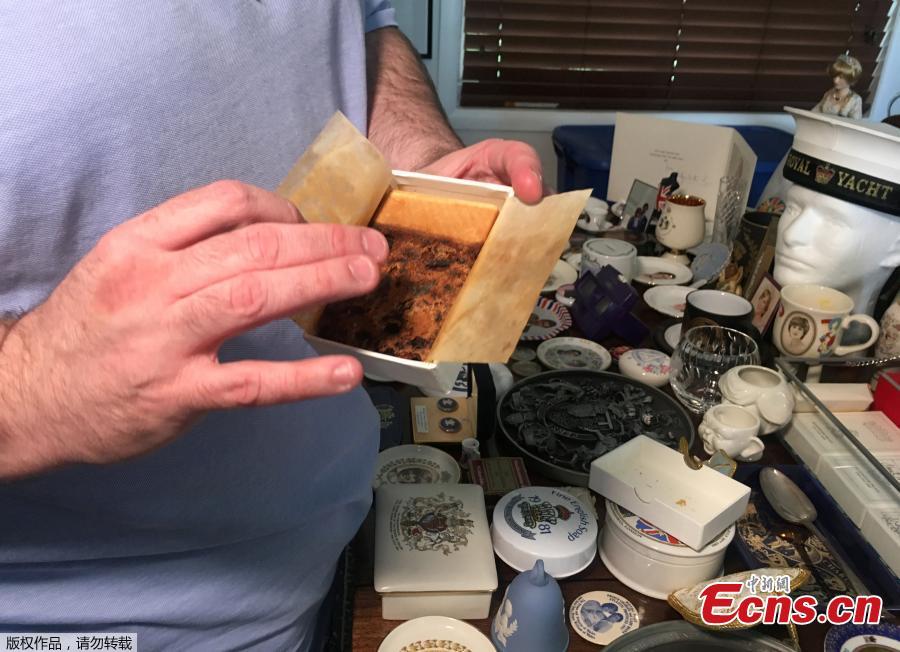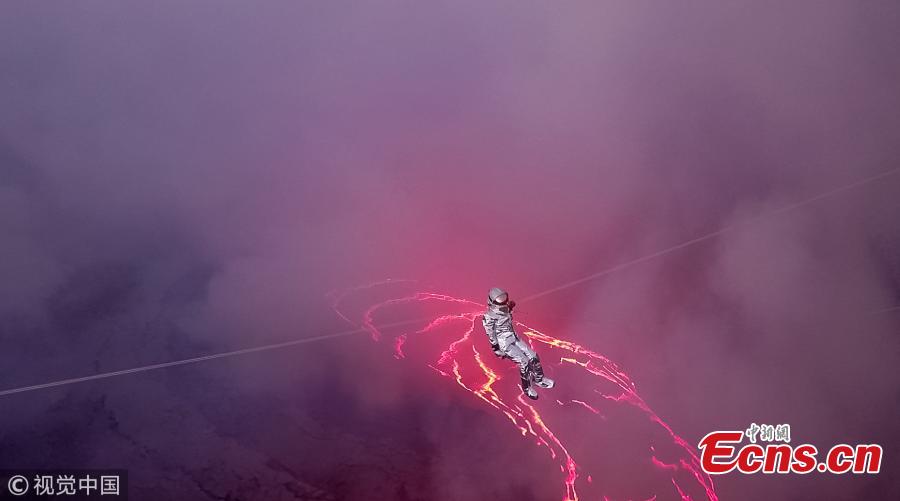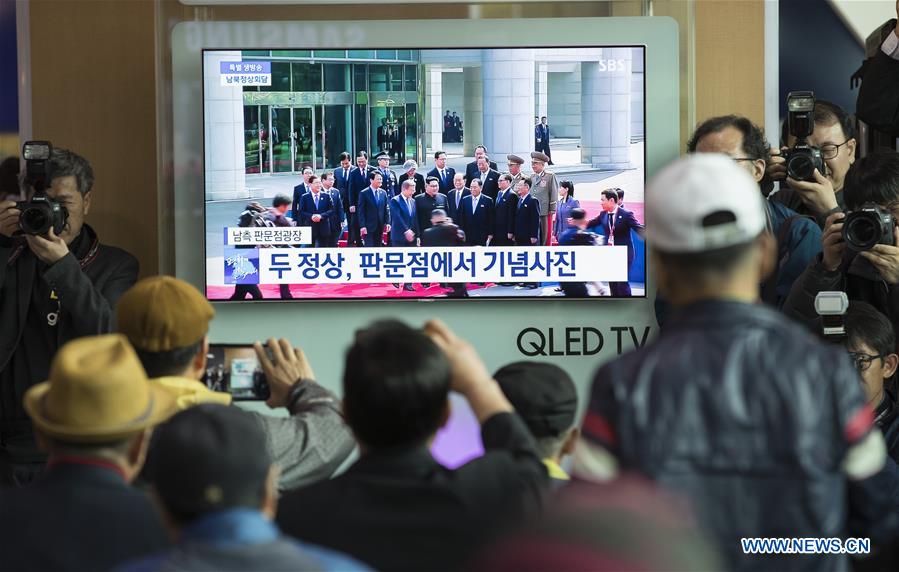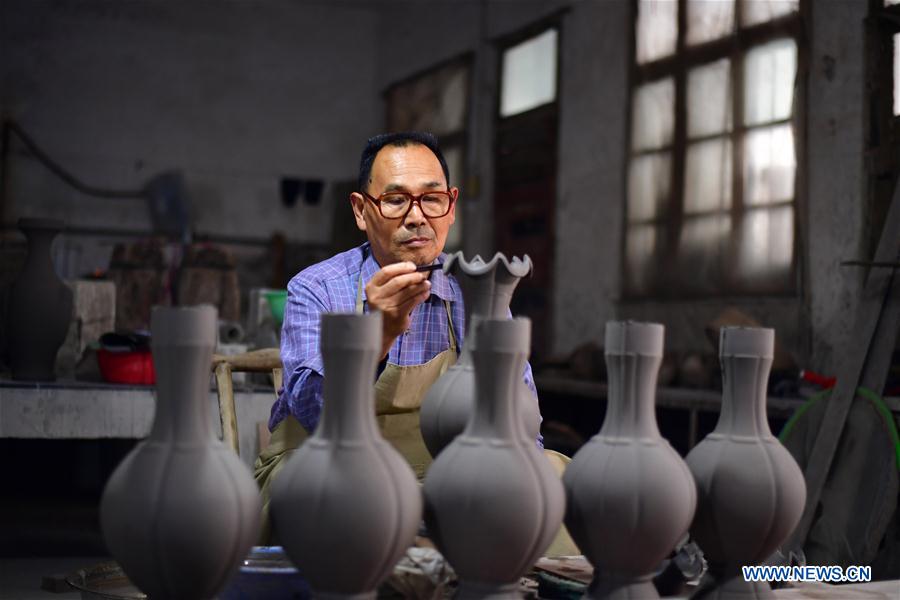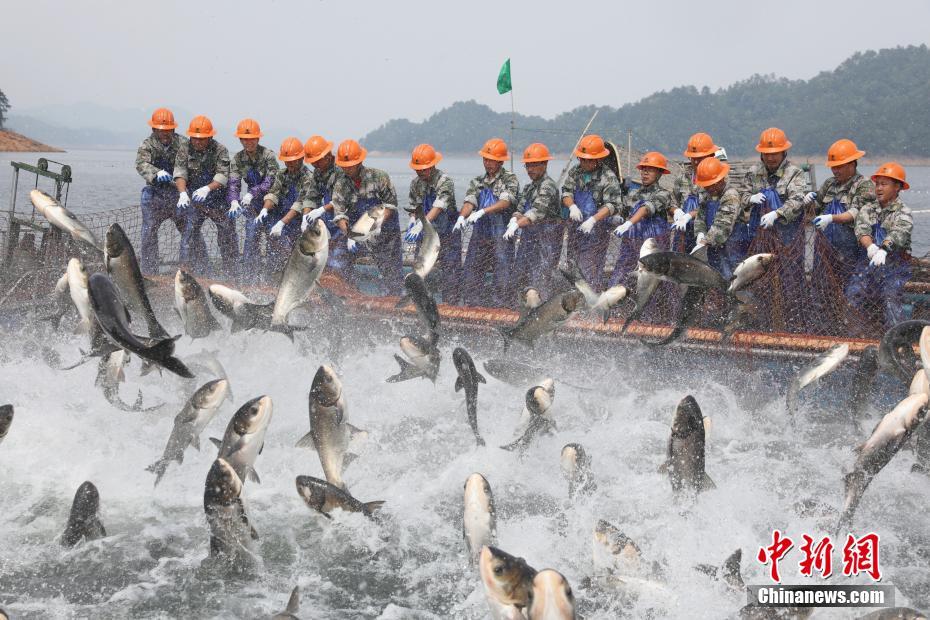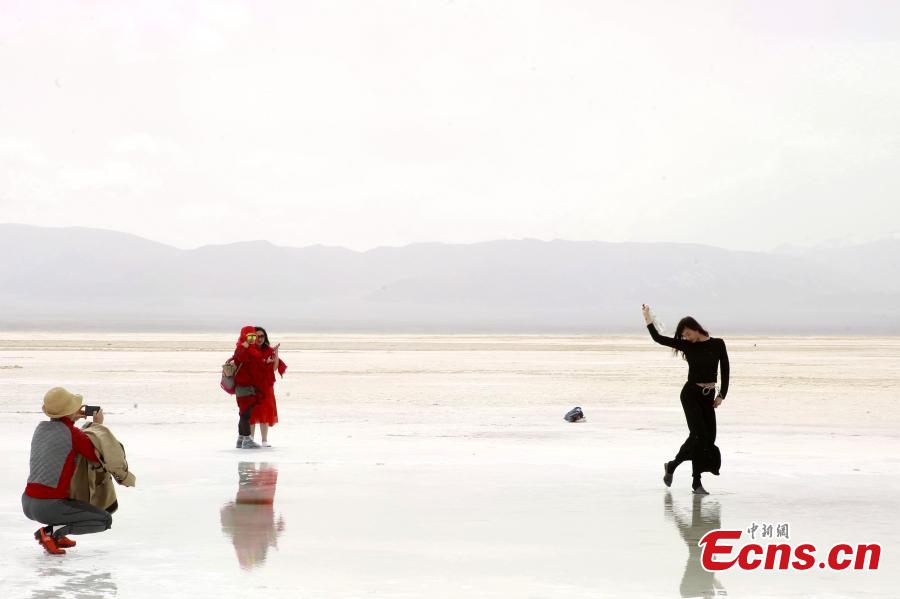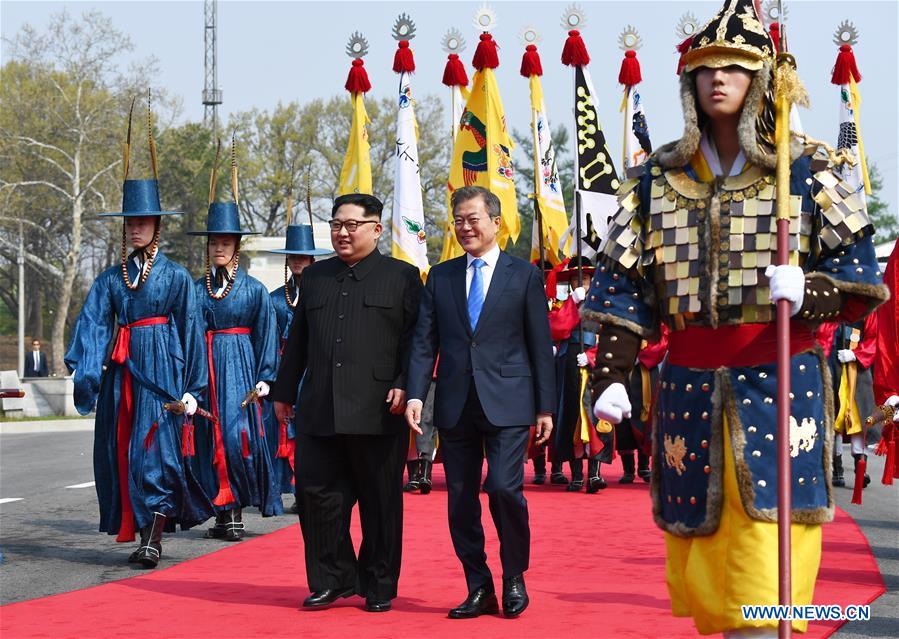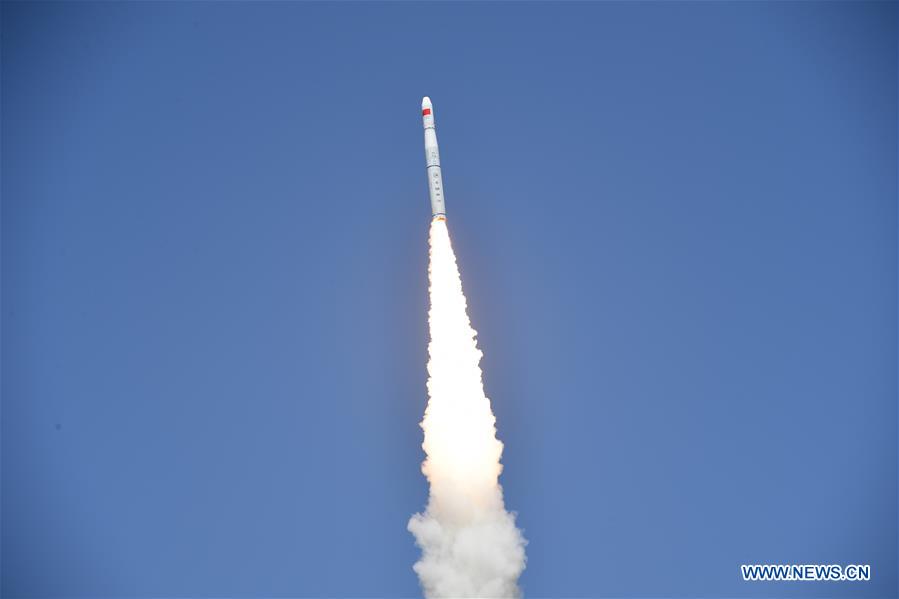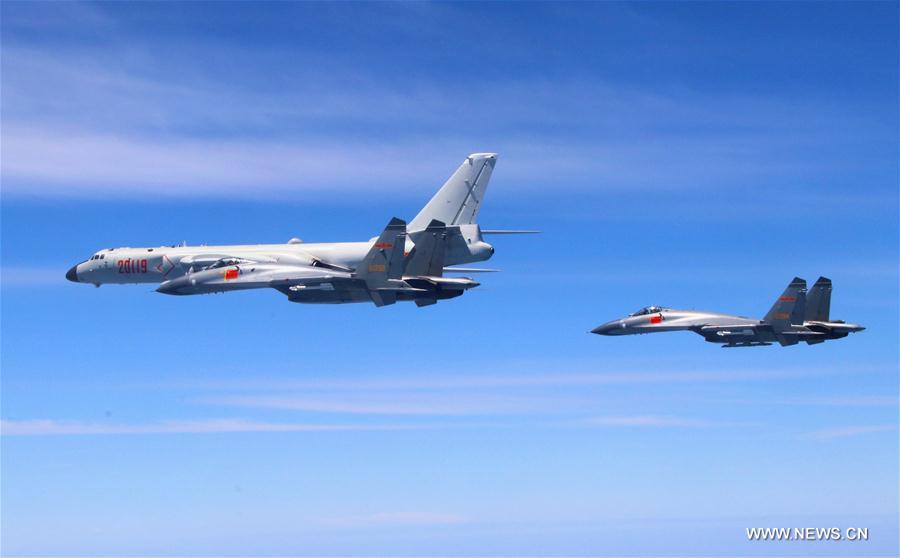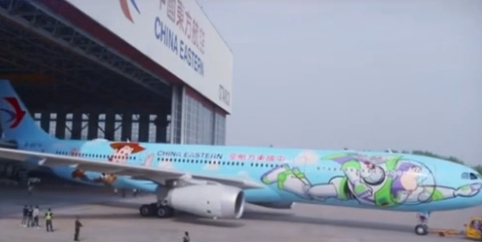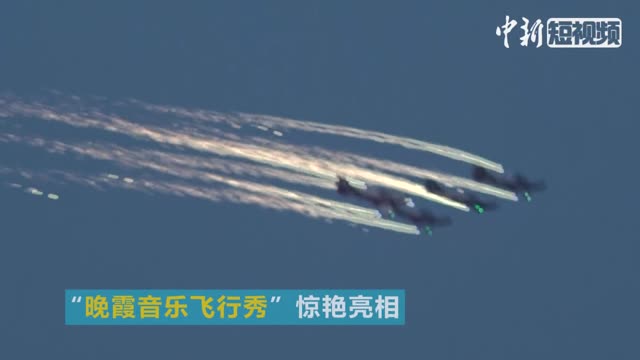A new group of global heavyweights in high-end manufacturing, automobiles and consumer goods have signed up for the China International Import Expo, as they seize opportunities to thrive in a country that deepens its opening-up and prioritizes quality growth.
Twenty-five foreign enterprises confirmed their attendance during a signing ceremony on Saturday, raising the curtain for China's first import fair, which has thus far secured nearly 1,100 participating merchants, according to the event's organizers. New entrants include Fortune 500 companies like engineering and aerospace conglomerate Honeywell, semiconductor giant Qualcomm, automaker Fiat Chrysler and consumer goods provider Unilever.
"The expo sends the clear signal of China's opening-up, serves to satisfy people's needs for a beautiful life, pushes ahead with supply-side structural reform and promotes consumption upgrade," said Zhong Xiaomin, deputy-director of the China International Import Expo Bureau.
The bureau has joined forces with more than 200 exhibition agencies from 165 countries to draw vendors worldwide to be part of the show. By the end of April, they confirmed and prospective participants numbered 1,800, and the exhibition area exceeded 180,000 square meters, Zhong said.
Companies regard the expo as a springboard to showcasing some of their cutting-edge technologies and way to elbow their way into China.
"We will bring our agricultural lighting solutions and the latest Light Fidelity technology, in which LED lighting provides a broadband internet connection through light waves," said Wang Yun, president of Philips Lighting Greater China.
German machine tool maker Trumpf will display 3D metal printing techniques and a suite of smart factory solutions to help Chinese companies maximize productivity and climb up the value chain, said Alexander Hafla, research and development director of Trumpf China.
"The expo is a good chance not only to increase our brand awareness, but to show what new technologies we have and pass that on to our new customers," he said.
Even for those with longstanding presence in China, the show is a gravitational pull to link the expanding middle- to high-income earners with a greater variety of products that weren't previously available in China.
"While some 30 of our brands are well received in China, that number still stands in sharp contrast to the total 400 brands we own and operate worldwide," said Zeng Xiwen, vice-president of Unilever North Asia.
"We will showcase more food and skin care products via the expo so that people in China stand to benefit from purchasing premium items at home," he said.
A group of 47 buyer companies, composed of State-owned enterprises, joint ventures and local firms, engaged in preliminary talks on the sidelines of the signing ceremony to tap into potential clients.
"Between 3,000 to 4,000 Chinese furniture makers on our platform said they are prepared to sign contracts with overseas merchants during the expo," said Zhu Jiagui, chief executive officer of Red Star Macalline International Trade, a subsidiary of China's leading home furnishing retail chain, which harbors over 80,000 vendors.










